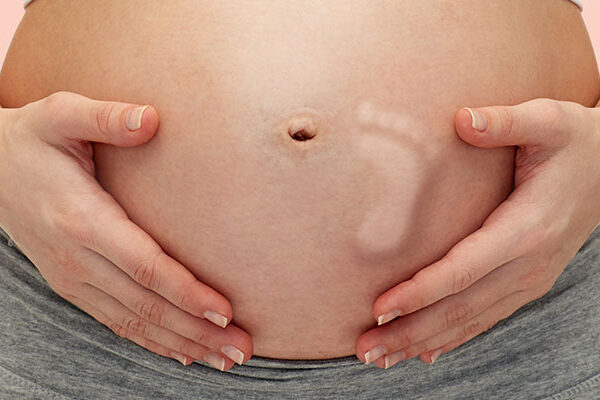Maternity nutrition plays a crucial role in ensuring both the health of the mother and the baby during pregnancy, and it directly impacts the outcomes of childbirth. Proper nutrition supports fetal development, helps prevent complications, and promotes a healthy, safe delivery. Here’s how it contributes:
Supports Fetal Growth and Development
Adequate nutrition ensures that the baby gets the necessary nutrients for proper development. Essential vitamins, minerals, proteins, and healthy fats are required for the formation of organs, tissues, and the brain. Deficiencies in nutrients like folic acid, iron, and calcium can lead to birth defects, growth problems, or developmental delays.
Prevents Maternal Complications
– Proper nutrition helps prevent common maternal complications, such as anemia, gestational diabetes, and preeclampsia. For example, adequate iron intake prevents iron-deficiency anemia, while proper calcium and magnesium intake can reduce the risk of high blood pressure and preeclampsia.
– Maintaining healthy weight and blood sugar levels through balanced nutrition reduces the risk of complications during labor and delivery.
Strengthens Immune Function
– A well-balanced diet rich in vitamins and minerals, including vitamin C, vitamin D, zinc, and selenium, helps bolster the mother’s immune system, reducing the risk of infections and promoting faster recovery after birth.
Increases Energy Levels
– Pregnancy demands extra energy, especially in the second and third trimesters. Proper nutrition helps ensure that the mother has sufficient energy levels to manage the physical demands of pregnancy and labor. Carbohydrates, proteins, and healthy fats provide sustained energy throughout the day.
Supports Healthy Birth Weight
– Nutrient-rich diets help maintain a healthy weight for the baby. Both low birth weight and excessive weight can lead to delivery complications, so a balanced intake of calories, protein, and healthy fats helps achieve an optimal birth weight.
Reduces the Risk of Preterm Birth
– Nutrients like omega-3 fatty acids, magnesium, and antioxidants play a role in reducing inflammation and promoting a healthy pregnancy, which can lower the risk of preterm labor and delivery.
Facilitates Postpartum Recovery
– Post-delivery recovery is also influenced by maternity nutrition. A balanced diet helps the mother recover more quickly after childbirth, supports breastfeeding, and promotes the healing of tissues and organs that were affected during pregnancy and delivery.
Key Nutrients for Maternity Nutrition:
– Folic Acid: Reduces the risk of neural tube defects and supports fetal growth.
– Iron: Prevents anemia and supports increased blood volume during pregnancy.
– Calcium: Vital for bone health and to support the growing fetus.
– Protein: Essential for the development of the baby’s tissues and organs.
– Omega-3 Fatty Acids: Support brain development and reduce the risk of preterm labor.
– Vitamin D: Essential for calcium absorption and immune function.
– Vitamin C: Supports immune health and iron absorption.
Maternity nutrition is vital for the health of both the mother and the baby. A balanced, nutrient-rich diet throughout pregnancy can reduce the risk of complications, promote healthy fetal development, and support a safe delivery. It’s important for expectant mothers to work with healthcare professionals to develop a tailored nutrition plan to meet their individual needs during pregnancy.




